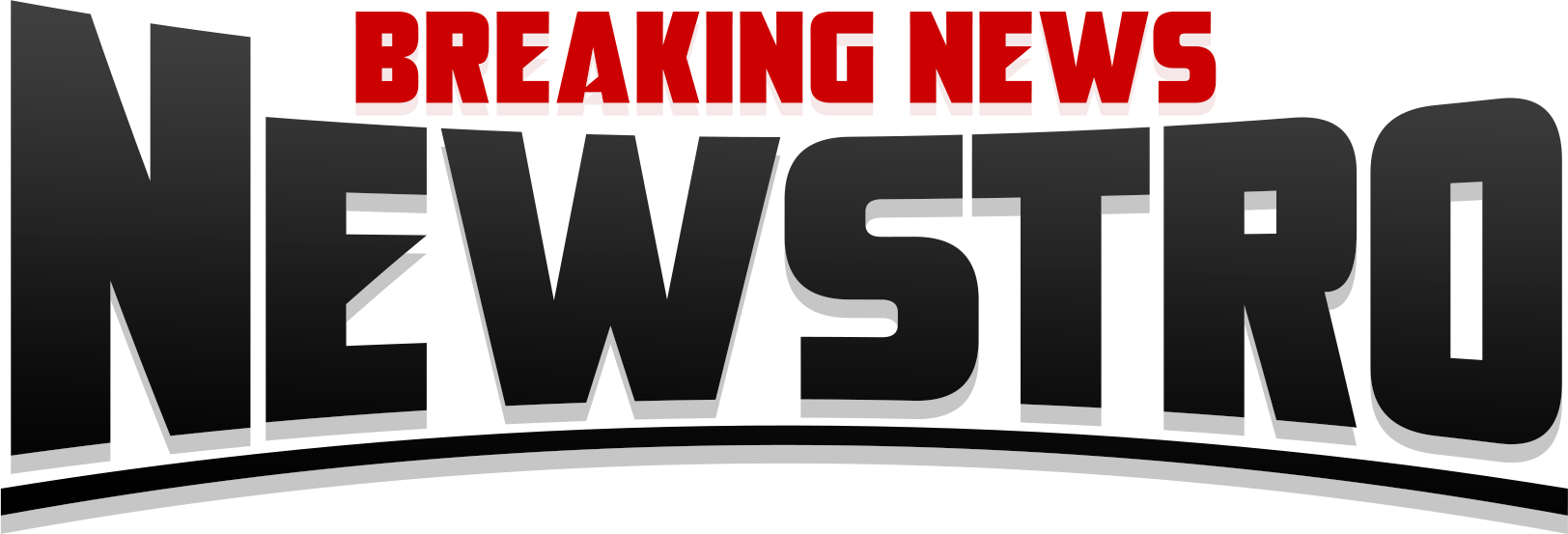Amid escalating tensions in the Middle East, Israel carried out airstrikes on Lebanon on Saturday, targeting areas associated with Hezbollah. The attacks come as Israel faces pressure to respond to missile strikes from Iran earlier this week. More than 1,400 people have been killed, and 1 million displaced, as reported by CNN.
Newstro Quick Facts
- Israel has intensified its bombing campaign on Lebanon, targeting Hezbollah strongholds. Over 1.4 million people have been displaced, and medical facilities have been severely impacted.
- Hezbollah reported the loss of contact with Hashem Safieddine, a key figure in the organization. Safieddine was targeted by Israeli airstrikes in Beirut’s southern suburbs.
- The UAE has responded to the humanitarian crisis by sending medical aid to Lebanon, while U.S. Secretary of State Antony Blinken announced an additional $157 million in aid for the region.
The ongoing conflict between Israel and Hezbollah has escalated, with Israeli airstrikes continuing to hit key Hezbollah areas in southern Lebanon. These areas have seen daily attacks, and the Israeli military has claimed that several weapons storage facilities and tunnels have been destroyed. The strikes have also affected civilian areas, resulting in over 1,400 deaths and widespread displacement of more than 1 million people.
In a notable development, Hezbollah reported that it has lost contact with Hashem Safieddine, a key figure in the organization and a potential successor to its late leader Hassan Nasrallah. Safieddine was reportedly targeted by Israeli forces in an airstrike on Friday, leaving the group’s leadership in uncertainty. Safieddine was known for his close ties to Nasrallah, having studied with him in Iran during the 1980s.
The humanitarian crisis in Lebanon is deepening as the conflict rages on. The United Arab Emirates has initiated relief efforts, sending over 40 tons of medical aid to support the growing number of displaced individuals. Meanwhile, U.S. Secretary of State Antony Blinken announced $157 million in U.S. humanitarian assistance for the region, aiming to alleviate the conditions faced by the displaced populations in Lebanon and the surrounding areas.
Hezbollah and the Israel Defense Forces (IDF) continue to engage in clashes along the southern Lebanese border. Hezbollah claims to have repelled multiple Israeli advances, while Israel insists its ground operations are focused on dismantling Hezbollah’s military infrastructure. These operations come as Israeli airstrikes hit multiple regions in Lebanon, including for the first time, areas near Tripoli in the north.
| Term | Definition |
|---|---|
| Hezbollah | A Shiite Islamist political party and militant group based in Lebanon, designated a terrorist organization by several countries, including the U.S. and Israel. |
| Israel Defense Forces (IDF) | The military forces of the State of Israel, involved in ongoing operations against Hezbollah and other militant groups in the region. |
| Hashem Safieddine | A senior Hezbollah leader and a potential successor to Hassan Nasrallah, who was targeted in an Israeli airstrike. |
| Hassan Nasrallah | The Secretary-General of Hezbollah, leading the organization since 1992. Nasrallah has been involved in numerous conflicts with Israel. |
| Antony Blinken | The current U.S. Secretary of State, who announced humanitarian aid for Lebanon amid the escalating conflict. |
| United Arab Emirates (UAE) | A country in the Middle East that has launched humanitarian aid efforts for Lebanon in response to the conflict. |
| Tripoli | A city in northern Lebanon that was targeted by Israeli airstrikes for the first time in this recent conflict. |
| Iran-Israel Conflict | The ongoing conflict between Israel and Iran, primarily over Iran’s nuclear program and its support for militant groups like Hezbollah. |
Read More at Newstro.com
